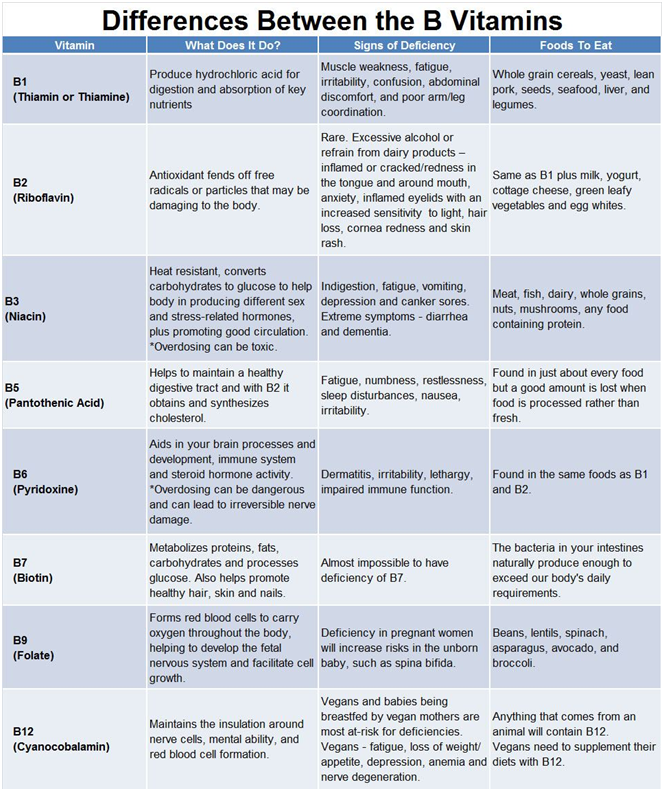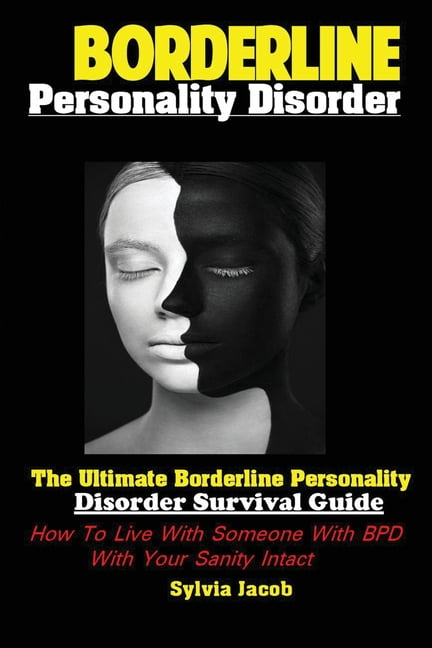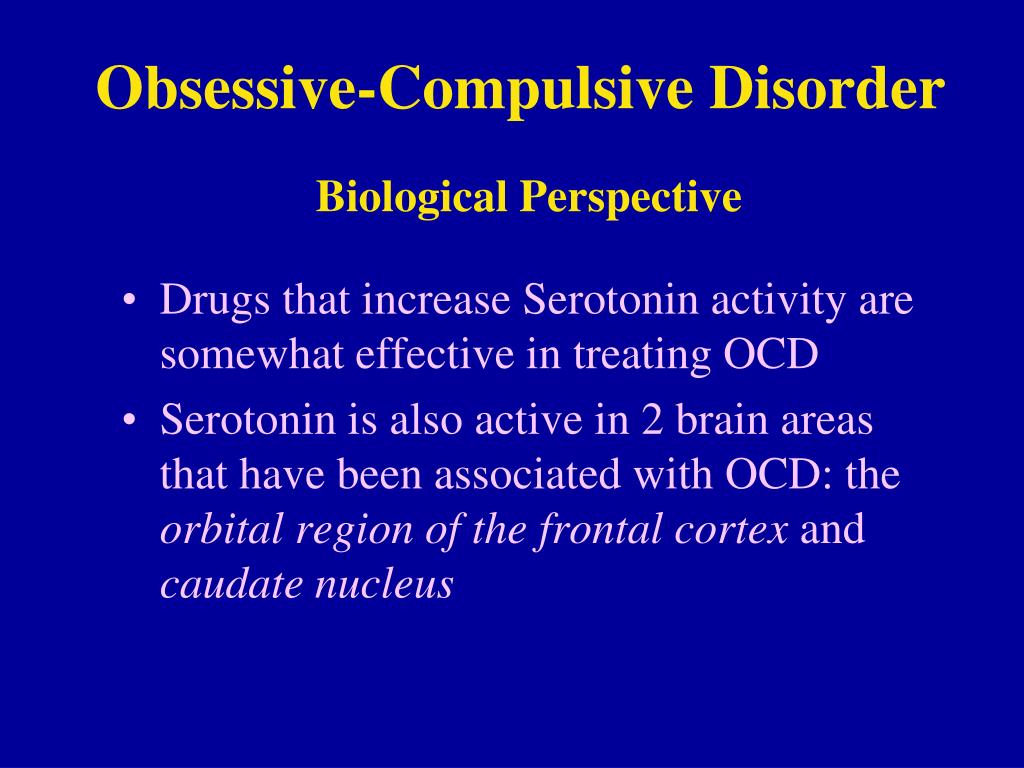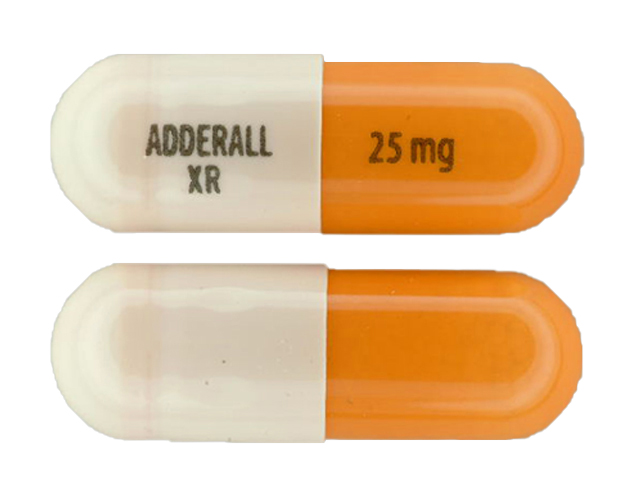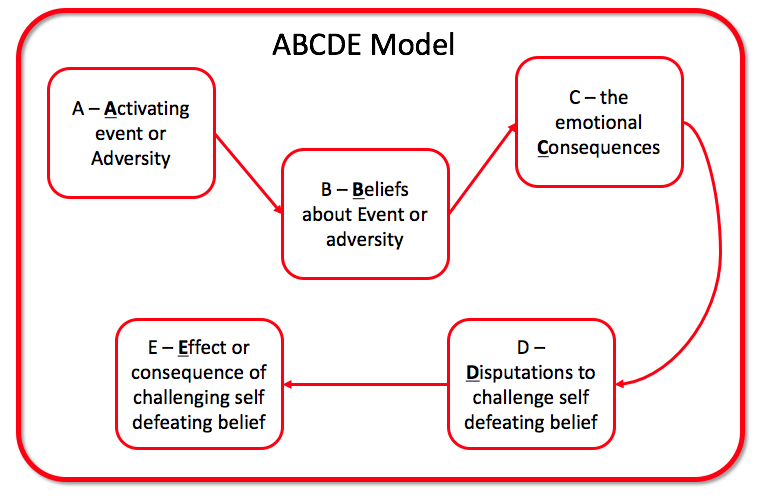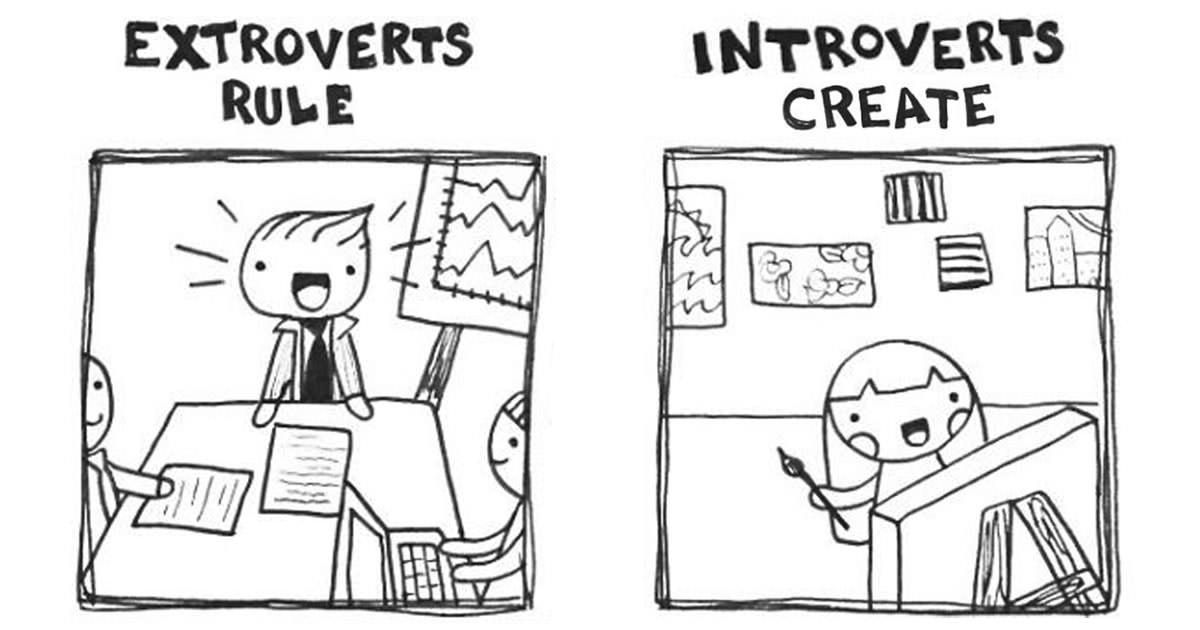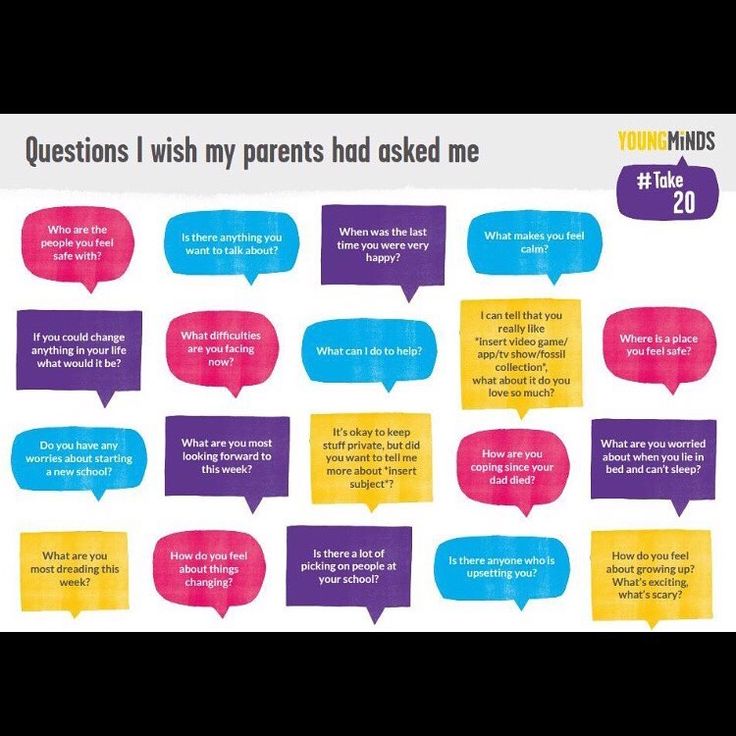Vitamin deficiency that causes anxiety
5 Common Nutritional Deficiencies in Mental Health Problems
By Karen Mayo
Mental and physical health can be dramatically improved with a nutrient-dense, healthy diet. Many times, deficiency of essential vitamins and minerals can compromise brain function and increase symptoms of depression, irritability, anxiety, and more.
Understand the Signs of Nutritional DeficienciesMental health disorders can be caused by various factors such as psychological, biological, genetic, environmental, and circumstantial. Nutritional deficiencies are the most overlooked biological element to someone’s mental well-being.
Nutritional deficiencies are the most overlooked biological element to someone’s mental well-being. Click To Tweet
Getting a complete blood panel is the best way to know because deficiencies are extremely unique to each person. Healthy eating and nutritional care increase mental and physical health. If a patient or client’s diet doesn’t comprise nutrient-rich foods, consider suggesting nutritional supplements for the following top 5 nutrients needed for optimal brain function.
5 Nutrients Needed for Optimal Brain Function
Vitamin D regulates the production of adrenaline, noradrenaline, and dopamine, and plays a vital role as an important hormone for brain function. Vitamin D deficiency manifests in a variety of ways including fatigue, muscle weakness, hair loss, back pain, poor skin healing, bone pain, and mood changes.
Foods to Recommend: A diet rich in vitamin D natural sources such as eggs, fatty fish (such as sock-eyed salmon or trout), mushrooms, fortified foods (like brown rice), goat cheese, and gluten-free oats should be consumed.
Vitamin B deficiency (B1, B6, B7, B12, B complex) can contribute to depression, anxiety, and mood swings. It is associated with a disruption in the nervous system as well as the circulatory system. B12/B9, or folate, is at the forefront of mood management. People fighting depression tend to have lower levels of folate (B12/B9) in the blood.
Foods to Recommend: Folate is present in dark green vegetables, beans, peas, citrus fruits, and legumes (such as lentils and garbanzo beans).
The deficiency of magnesium is known to increase many symptoms related to mental disorders, such as agitation, anxiety, irritability, confusion, insomnia, headache, hallucinations, and depression.
Foods to Recommend: Include magnesium-rich foods, such as pumpkin seeds, dark organic chocolate (plus 72%), and almonds, into the diet at least three times a day to help alleviate some stress.
Omega-3 fatty acids are vital for brain function, supporting mental sharpness, and positive mood. Symptoms of omega-3 fatty acid deficiency include fatigue, poor memory, dry skin, heart problems, mood swings or depression, and poor circulation.
Foods to Recommend: Oily fish (such as sock-eyed salmon or cod) are great sources of omega-3 fatty acids. These healthy fats can also be found in flaxseeds and walnuts; this is the work of divine intervention—walnuts look like the brain.
Probiotic is by far the most ignored deficiency that creates the worst symptoms that affect millions of people worldwide. Probiotics are a mix of live bacteria and yeast that live naturally in the human gastrointestinal tract that promote healthy digestion, support a healthy response to stress, promote positive mood and emotional balance. Mental health issues that have been linked to an unhealthy gut include ADD/ADHD, anxiety, depression, schizophrenia, and Alzheimer’s disease. Physical issues include autoimmune problems (such as thyroid issues and arthritis disorders), digestive issues (such as irritable bowel syndrome, constipation, diarrhea, heartburn, or bloating), sleep issues, skin rashes, allergies, and the rollercoaster of sugar cravings.
Probiotics are a mix of live bacteria and yeast that live naturally in the human gastrointestinal tract that promote healthy digestion, support a healthy response to stress, promote positive mood and emotional balance. Mental health issues that have been linked to an unhealthy gut include ADD/ADHD, anxiety, depression, schizophrenia, and Alzheimer’s disease. Physical issues include autoimmune problems (such as thyroid issues and arthritis disorders), digestive issues (such as irritable bowel syndrome, constipation, diarrhea, heartburn, or bloating), sleep issues, skin rashes, allergies, and the rollercoaster of sugar cravings.
Foods to Recommend: Probiotics support the important gut/brain connection. Probiotic foods are organic yogurt, kefir, sauerkraut, kimchi, non-GMO miso, kombucha (be aware of sugar content), and pickles.
Just like anything else please do due diligence, more is not always better.
Karen Mayo is an Amen Clinics Integrative Nutritionist, a board-certified integrative nutrition health and lifestyle coach, the author of three books including the international bestseller Mindful Eating, a natural foods chef, and a certified hypnotherapist.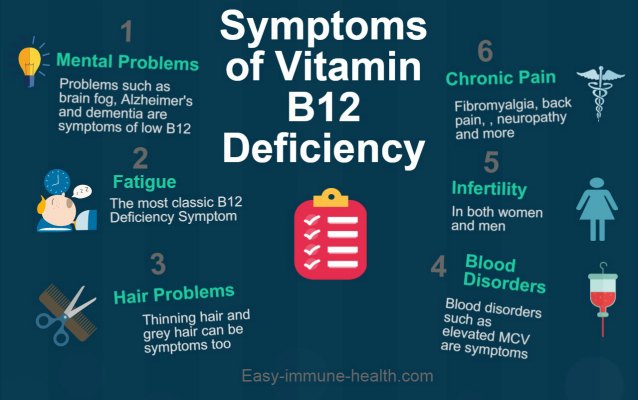
Nutrition suggestions are an important part of the Amen Clinics Method and are included in your full evaluation, yet we also offer comprehensive, one-on-one nutrition consultations, facilitated by trained dieticians and nutritionists at Amen Clinics. Find out more by speaking to a specialist today at 888-288-9834 or visit our contact page here.
8 Nutrient Deficiencies That Cause Depression and Anxiety
If you’re managing depression, anxiety, or both, you have been told that pharmaceuticals are the only way to manage your mood. Antidepressants and anti-anxiety medications can be absolute life-savers in the short term. Long term, these drugs can have dangerous side effects. They can also be hell to get off of. Antidepressant drugs can also cover up the root cause of your mental health concerns. They can keep you from learning about what your body really needs to balance your mood and energy. No shade or shame or BS if antidepressants and anti-anxiety pills are working for you! Your body, your choices.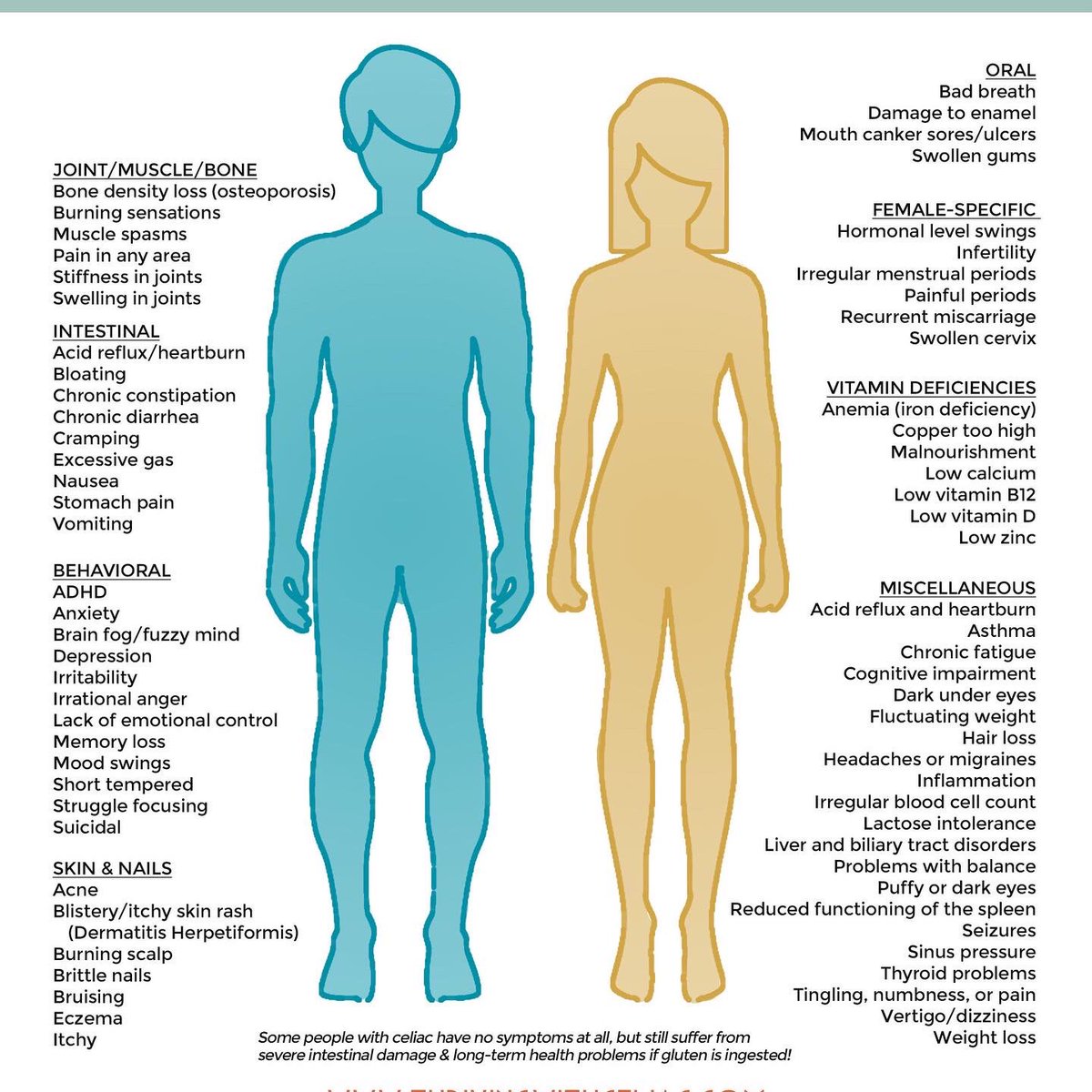 If you’d like to learn about common factors that may be playing a part in your mental health concerns, read on my love!
If you’d like to learn about common factors that may be playing a part in your mental health concerns, read on my love!
Nutrients, vitamins and minerals are vital for maintaining your mental health. When these things are out of balance, symptoms like depression, anxiety and fatigue can rear their ugly little heads. If your mental health could use some support, it’s worth checking out if you are deficient in the following:
1. B Vitamins
Low levels of B vitamins are correlated with depression, fatigue, and irritability. Increasing your intake of B vitamin-rich foods can lead to improvements in mood and energy. Most important for mental health are vitamins B6, B12 and B9 (folate).
These vitamins play a vital role in producing chemicals, like serotonin, that affect mood and other brain functions. They’re also important for help us detoxify, and keep our hormones in balance. The methylation process and other detox processes in our bodies depend on having enough of the right kind of B vitamins.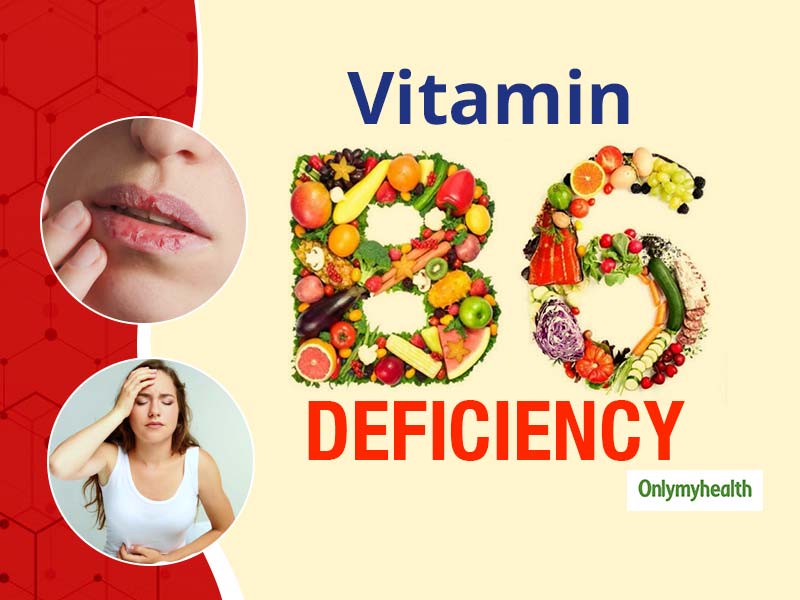
Aside from B12, which you can read more about here, your body cannot store these vitamins for long periods, so you have to replenish them regularly through food (1).
My favorite food sources of B vitamins include:
- Beef liver: 1 ounce (20 micrograms)
- Sardines: 3 ounces (6.6 micrograms)
- Atlantic mackerel: 3 ounces (7.4 micrograms)
- Lamb: 3 ounces (2.7 micrograms)
- Wild-caught salmon: 3 ounces (2.6 micrograms)
- Nutritional yeast: 1 tablespoon (2.4 micrograms)
- Feta cheese: 0.5 cup (1.25 micrograms)
- Grass-fed beef: 3 ounces (1.2 micrograms)
- Cottage Cheese: 1 cup (0.97 micrograms)
- Eggs: 1 large (0.6 micrograms)
2.
IronIron helps your red blood cells carry oxygen to your brain, organs and every little corner of your body. The health of your brain and your nervous system depend on healthy iron levels. Low iron levels can result in less oxygen going to your cells. Iron deficiency can cause a range of symptoms including depression, fatigue, low energy, weakness and irritability.
The health of your brain and your nervous system depend on healthy iron levels. Low iron levels can result in less oxygen going to your cells. Iron deficiency can cause a range of symptoms including depression, fatigue, low energy, weakness and irritability.
Folks who menstruate monthly or are pregnant are at greater risk for iron deficiency. Low iron levels in humans who do not have a regular monthly bleed or who are not gestating a wee fetus can be a serious concern, and can indicate an occult, or hidden, source of blood loss. No need to freak out or worry. Just make sure you get some competent medical care, k?
Heme foods rich in iron:
- Oysters, mussels and clams
- Liver, beef or chicken
- Beef
- Chicken
- Eggs
- Chard
- Spinach
- Pumpkin
- Squash
- Pine nuts
- Pistachios
- Sunflower seeds
- Cashews and white potatoes
- Legumes (especially lentils)
- Black strap molasses (1-2 Tbsp/day)
- Stinging nettle leaf tea steeped overnight to get the most iron out of it.

Consume vitamin C-rich foods paired with non-heme iron-rich plant foods. For example, spinach and lemon juice; lentils and tomatoes; kale and sweet potato.
I have a whole article all about iron deficiency, and you can read that baby right here.
3.
IodineIodine is a key component in thyroid hormone, so a deficiency can cause a host of symptoms. You literally can’t make the hormones your body needs to fuel your metabolism without iodine. Thyroid health is a massively important part of your mental health. Your thyroid regulates so many important things in your body—your mood, energy, metabolism, growth, immune function, and brain performance—to name a few!
When you don’t have enough iodine and your thyroid isn’t performing at its best, you may have symptoms of depression. Full body depression. The overall blahs. Sluggishness. Slow digestion. It can be pretty rough!
Beyond hypothyroid symptoms, common iodine-deficiency symptoms include:
- Trouble producing saliva and properly digesting food
- Skin problems, generally dry skin
- Less than awesome concentration and focus
- Difficulty retaining information
- Muscle weakness, achiness or even pain
- Fibromyalgia
- Metabolic issues, leading to sugar-level imbalance and weight management difficulties
Iodine sources:
- Seaweed (in order from most to least iodine: Kelp, Kombu, Hijiki, Arame, Dukse, Wakame, Nori)
- Cod
- Shrimp
- Organic eggs
- Cranberries
- Tuna
- Prunes
- Bananas
Want to learn more about hypothyroid? Check out Episode 10 of The Feminist Wellness Podcast – Hypothyroid is a Feminist Issue (an episode for humans of all genders!)
4.
 Vitamin D
Vitamin DWhen our bare skin is exposed to ultraviolet light from the sun, our bodies do the science of activating vitamin D in our cells.
Vitamin D deficiency is becoming more and more common. Makes sense: we’re indoors more than ever before. So many of us travel in a car or underground instead of walking everywhere, like our not-so-distant ancestors did. Most of us spend all day in a building, working. We get home after dark all winter. Our bodies are just not getting that Sunshine Time we SOOO desperately need to be both happy and healthy!
Research is showing links between vitamin D deficiency and depression, dementia and even autism. Low vitamin D can also leave you fatigued and irritable. Without sufficient Vitamin D, your immune system also tanks.
Supplements may be the only solution as it is difficult to get vitamin D from your food. So taking that walk out of the office at lunch time is not only important because movement is so vital for our wellness, but also because getting some sunshine on your skin and some vitamin D into your body is darn good medicine.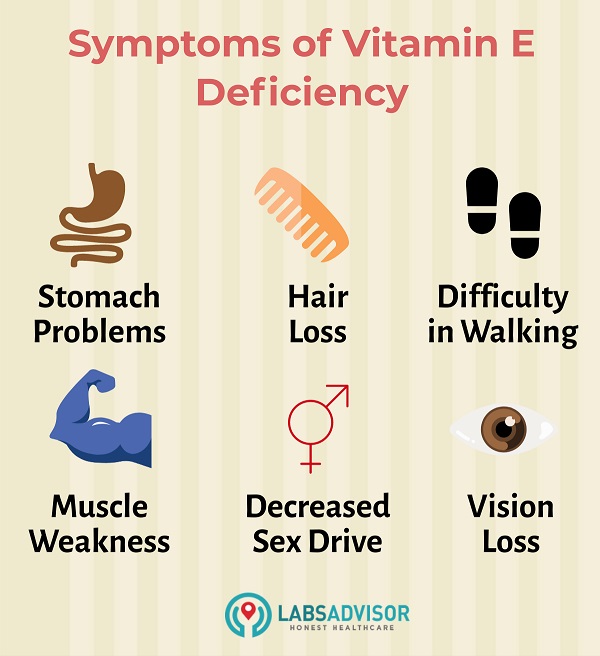
5. Selenium
Selenium is a mineral with very potent antioxidant properties. It is so important for mental health, healthy metabolism and optimal thyroid function. It is important in the activation and conversion of thyroid hormone.
Low selenium levels have been linked to depression and low mood. It’s recommended to get 200 mcg of selenium per day from food, supplements or a combination thereof.
Selenium sources:
- Brazil nuts (the best source!)
- Mushrooms
- Seafood, especially oysters and tuna
- Beans
- Sunflower seeds
- Meat
- Poultry
- Liver (you knew I’d say liver!)
6. Magnesium
Magnesium is very important in mood regulation and has an impact on your nervous system. It is necessary for most functions in our bodies. However, up to half of the population is magnesium deficient. Our lifestyles may be one cause of low magnesium levels. Alcohol, white table salt and the sodium used in processed foods, coffee and sugar can all decrease our magnesium levels.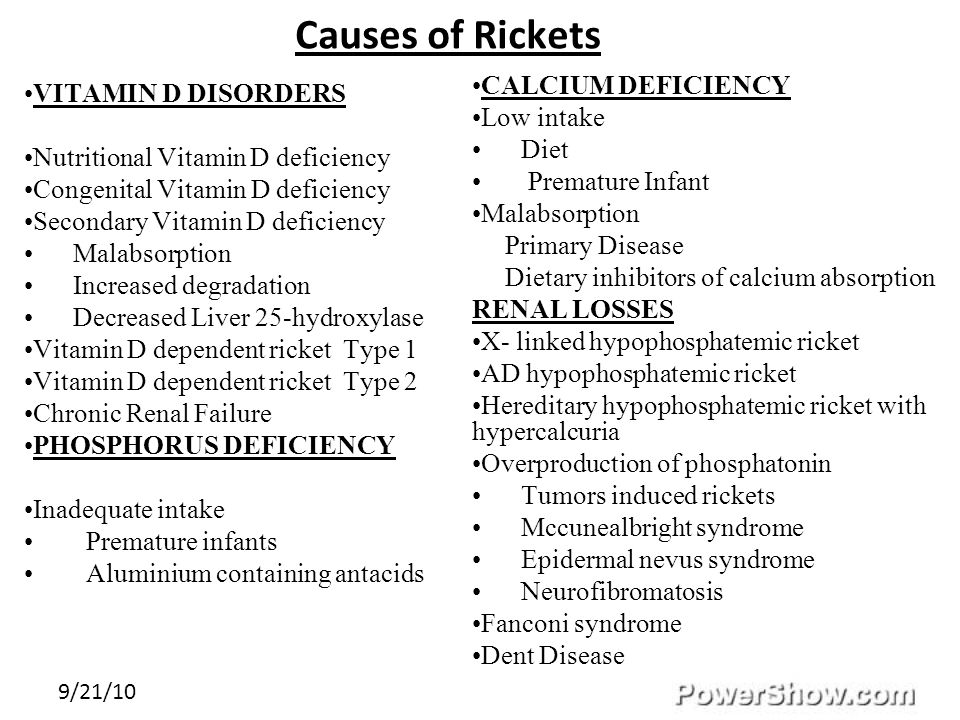 And because our soil is so bereft of minerals, magnesium is not as available in our food the way it once was.
And because our soil is so bereft of minerals, magnesium is not as available in our food the way it once was.
Magnesium deficiency has been linked to depression, anxiety, migraines and high blood pressure. Magnesium can be found in foods like spinach, dark chocolate (yum!), oily fish, bananas, and almonds.
7. Omega-3 Fatty Acids
Omega-3 fatty acids help to reduce inflammation. They are vital for brain function, especially memory and mood. If your diet is low in good quality fats, like omega-3s, then your body can only make low quality nerve cell membranes.
Oily fish like salmon and tuna are great sources of omega-3 fatty acids, as are fish like cod and cod liver oil. These healthy fats can also be found in flaxseeds and walnuts.
8. Gut Health
Leaky gut is when your intestinal walls are permeable to food particles, yeast, bacteria and other beasties that shouldn’t be leaking out into your systemic circulation — your blood stream. This can lead to a host of symptoms from irritable bowel to eczema to depression and anxiety.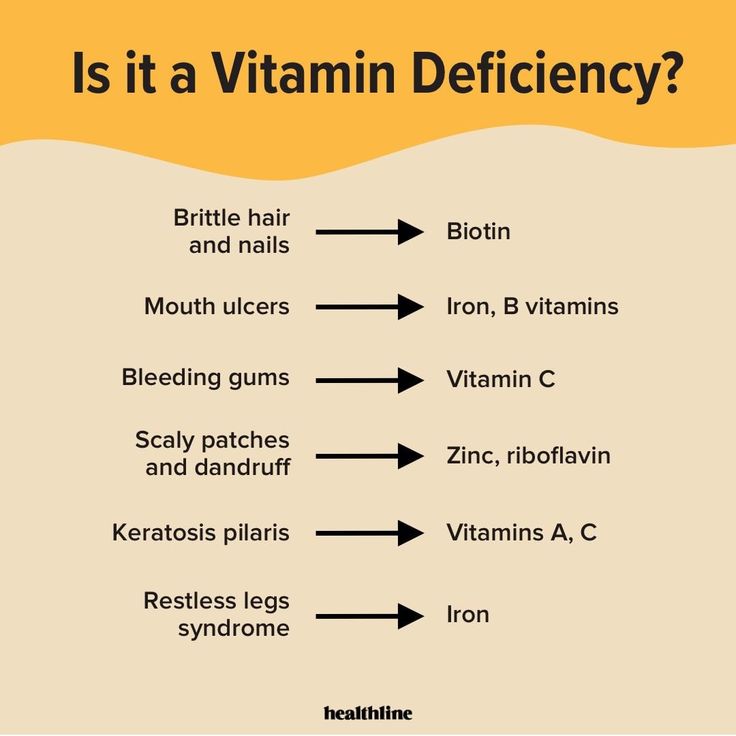
When your gut lining isn’t strong and healthy, your body may not absorb food properly. This can lead to mineral and vitamin deficiencies and inflammation systemically. If you are having symptoms like excessive bloating, constipation, diarrhea or other irritable gut symptoms, your nutrient deficiency may be coming from your gut being unable to absorb your nutrients.
Leaky gut treatment tips:
You can help your GI system to be happier by eating foods high in probiotics like kefir, beet kvass, yogurts and sauerkraut if you can tolerate these foods. Also, learning what your triggers are that cause your gut to be affected and try to wean off them. The most common triggers of gut-inflammation and IBS/leaky gut symptoms are dairy, gluten, soy, eggs and corn.
You can download my free Leaky Gut Guide and listen to the episode of my Feminist Wellness Podcast that talks all about leaky gut and how to help your body heal!
In Closing
It is important to have your blood checked before you start taking new supplements or vitamins, as it is possible to have too much of certain vitamins and minerals.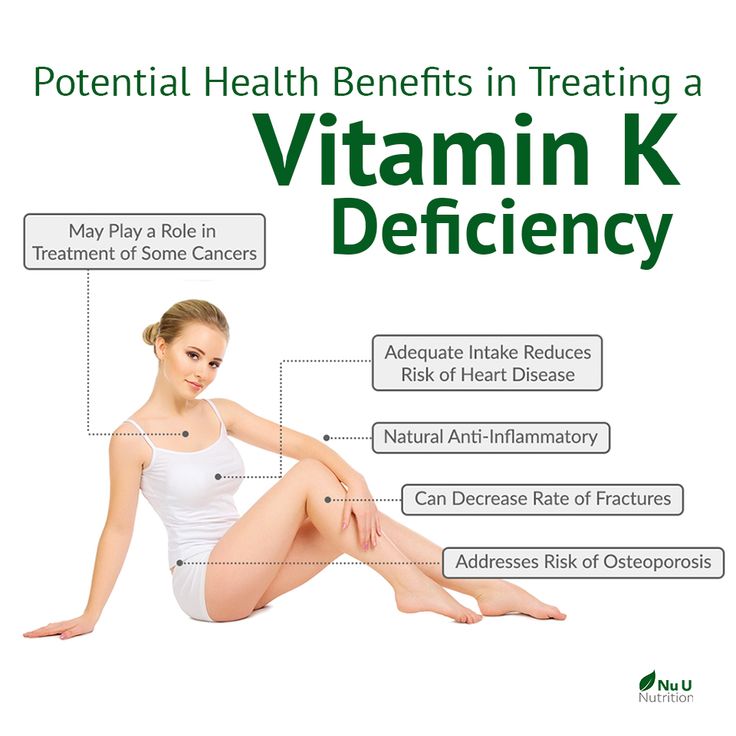 So first find out how your body is doing, and then add in what’s needed. If you can get the nutrients you need from foods, then do that first. If you are battling to eat enough of the right things that your body needs, as shown on blood tests, then top yourself off with good quality supplements, preferably under the guidance of a well-trained Functional Medicine professional!
So first find out how your body is doing, and then add in what’s needed. If you can get the nutrients you need from foods, then do that first. If you are battling to eat enough of the right things that your body needs, as shown on blood tests, then top yourself off with good quality supplements, preferably under the guidance of a well-trained Functional Medicine professional!
And remember: while learning to manage our minds, processing our traumas and our pasts and learning to think about today and tomorrow in new ways are VITAL for improving our mental health, it’s not just all in your head. The health of your cells, your gut, your brain, and the balance of nutrients in your system plays a huge role in all of our mental health. Without mental health there is no physical health, without physical health there is no mental health. Attend to your perfect human body with patience and love, and learn to manage your mind to reduce your experience of stress, anxiety and depression.
References:
- John E.
 Lewis, Eduard Tiozzo, Angelica B. Melillo, Susanna Leonard, Lawrence Chen, Armando Mendez, Judi M. Woolger, and Janet Konefal. (2013) The Effect of Methylated Vitamin B Complex on Depressive and Anxiety Symptoms and Quality of Life in Adults with Depression
Lewis, Eduard Tiozzo, Angelica B. Melillo, Susanna Leonard, Lawrence Chen, Armando Mendez, Judi M. Woolger, and Janet Konefal. (2013) The Effect of Methylated Vitamin B Complex on Depressive and Anxiety Symptoms and Quality of Life in Adults with Depression - Hidese S, Saito K, Asano S, Kunugi H. (2018) Association between iron-deficiency anemia and depression: A web-based Japanese investigation.
- Mats B. Humble. (2010) Vitamin D, light and mental health.
- Tamlin S, Conner Aimee, C Richardson, Jody C Miller. (2015). Optimal Serum Selenium Concentrations Are Associated with Lower Depressive Symptoms and Negative Mood among Young Adults.
- Alan C Logan. (2004). Omega-3 fatty acids and major depression: A primer for the mental health professional
The doctor told how to recognize a vitamin deficiency
- INVITRO
- About the company
- Press releases
- The doctor told how...
Back to list
03/23/2022
In the spring, many people complain of increased fatigue, drowsiness, sleep disturbances and other disturbing symptoms.
They may be associated with a lack of vitamins, which is especially acute after winter. How dangerous is vitamin deficiency and what can it lead to? How to recognize a lack of vitamins? Can you take vitamins on your own? This was told by Ekaterina Terentyeva, head of the medical examination department of the Invitro group of companies.
Why does beriberi occur? Why does it occur with the change of seasons?
Avitaminosis is the almost complete absence of one or more vitamins in the human body. In developed countries, this condition practically does not occur, since even in the winter season vegetables, fruits, greens, etc.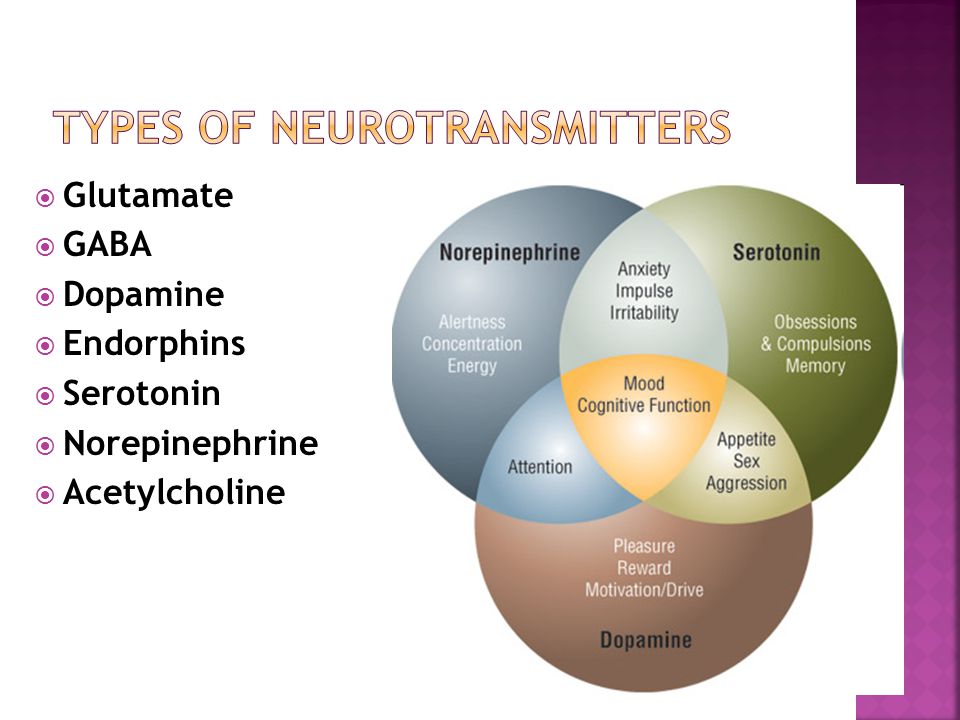 are sold in stores. Urban residents have only a certain lack of vitamins - hypovitaminosis. It can be primary due to an unbalanced diet or starvation, and secondary due to malabsorption of vitamins against the background of various conditions (pregnancy, gastrointestinal diseases, prolonged stress, after surgery, etc.). The development of hypovitaminosis can also lead to a busy rhythm of life, snacking on the go or eating dry food.
are sold in stores. Urban residents have only a certain lack of vitamins - hypovitaminosis. It can be primary due to an unbalanced diet or starvation, and secondary due to malabsorption of vitamins against the background of various conditions (pregnancy, gastrointestinal diseases, prolonged stress, after surgery, etc.). The development of hypovitaminosis can also lead to a busy rhythm of life, snacking on the go or eating dry food.
In spring, various types of vitamin deficiency are especially common: in winter, the body does not receive enough vitamins and microelements from food. In vegetables and fruits stored during the winter, the content of essential vitamins is sharply reduced. Another reason for the development of hypovitaminosis is the consumption of a large amount of canned foods, as well as foods that have undergone prolonged heat treatment. The severity and prevalence of various types of hypovitaminosis depends on the region and season.
What are the symptoms of hypovitaminosis?
Each type has specific signs, and the severity of symptoms depends on the degree of vitamin deficiency.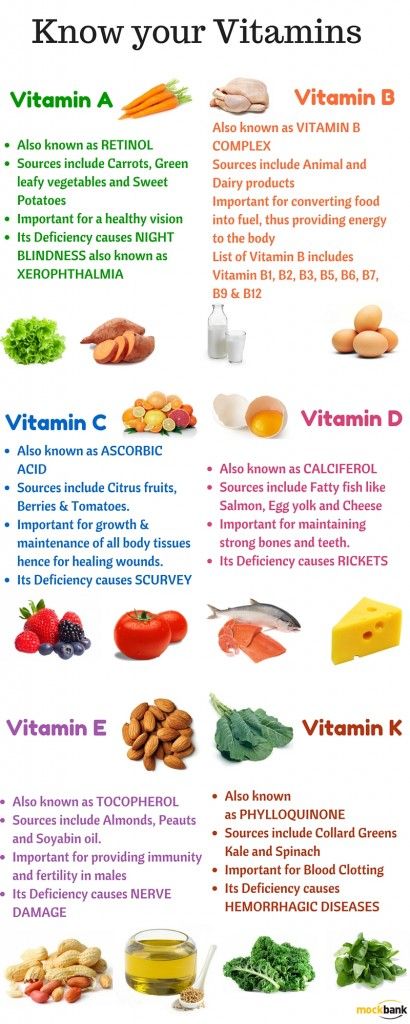 Common symptoms can be distinguished: increased fatigue or weakness, loss of appetite, sleep disturbances, functions of the gastrointestinal tract, nervous system, and others.
Common symptoms can be distinguished: increased fatigue or weakness, loss of appetite, sleep disturbances, functions of the gastrointestinal tract, nervous system, and others.
Manifestations of hypovitaminosis:
- vitamin A deficiency : impaired eye adaptation to darkness, dry eyes; drying, peeling and thickening of the skin; decrease in the body's immune defenses. Children may experience a delay in physical and intellectual development, frequent infectious diseases;
- lack of thiamine - vitamin B1 : irritability, fatigue, sleep disturbance, concentration, bowel function, damage to peripheral nerves (polyneuritis), cardiovascular system;
- lack of riboflavin - vitamin B2 for adults and children: pallor of the skin, painful cracks in the corners of the lips, redness of the eyes, blurred vision in bright light, inflammation of the mucous membranes of the oral cavity, tongue;
- lack of vitamin B3 (vitamin PP, niacin) in adults and children: weakness, fatigue, impaired sensitivity of the limbs, nausea, constipation, diarrhea, bright red tongue, susceptibility to infectious diseases;
- lack of vitamin B5 (pantothenic acid): irritability, anxiety, sleep disturbance, palpitations on exertion, numbness and tingling in the arms and legs, muscle weakness.
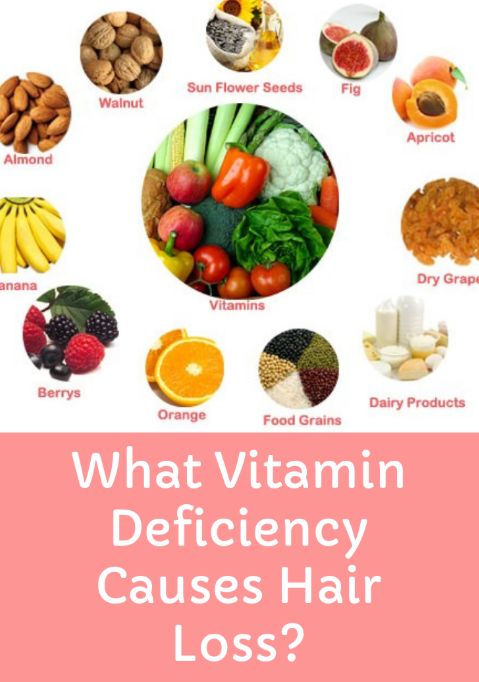 In children in the first half of life, diaper rash, dry skin, maceration and pustular diseases occur. In older children, dizziness, weakness, headaches, insomnia, nausea, vomiting, flatulence are noted;
In children in the first half of life, diaper rash, dry skin, maceration and pustular diseases occur. In older children, dizziness, weakness, headaches, insomnia, nausea, vomiting, flatulence are noted; - lack of vitamin B6 : irritability, muscle weakness, lethargy, seborrheic changes in various areas of the skin, dysfunction of the central nervous system. Rarely, a deficiency causes seizures, especially in infants. Adults may also experience depression and confusion.
- lack of cyanocobalamin - vitamin B12 : general weakness, fatigue, pallor, shortness of breath, palpitations, dizziness, tinnitus, children are characterized by a slowdown in the development of anorexia, weight loss, decreased gastric secretion, development of atrophic gastritis;
- lack of vitamin C: general weakness, fatigue, irritability, bleeding gums, long wound healing, muscle and joint pain, frequent colds. In children, there may also be a violation of bone growth, a slowdown in the development of the bone skeleton;
- vitamin D deficiency: weakness, decreased appetite, mood swings, bone pain, brittle bones, fractures, muscle weakness, frequent infections.
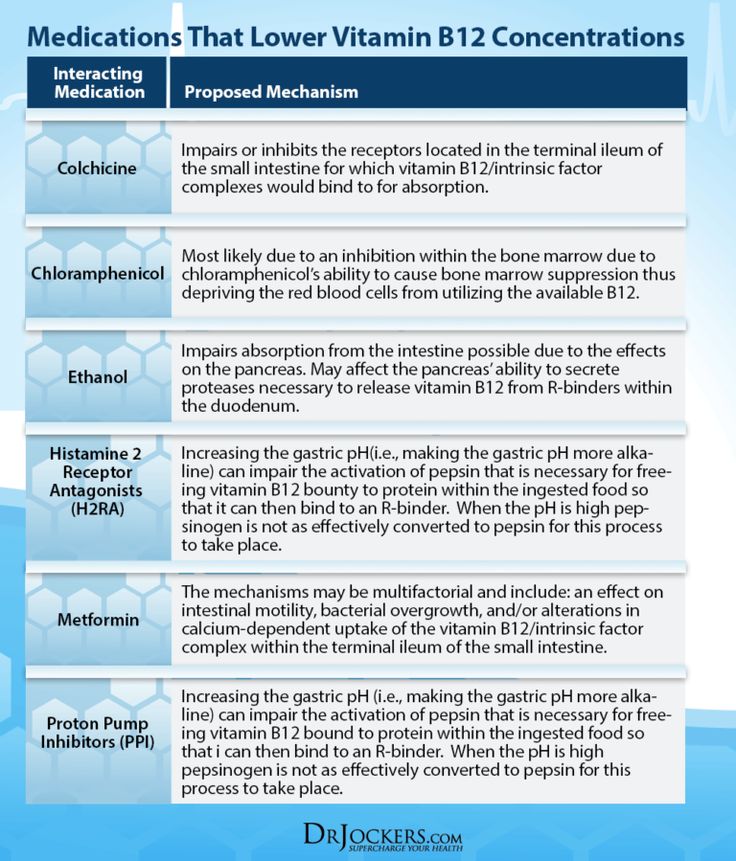 Children have irritability, delayed development (later they begin to walk), decreased appetite, delayed teething, and pathology of tooth enamel;
Children have irritability, delayed development (later they begin to walk), decreased appetite, delayed teething, and pathology of tooth enamel; - vitamin K deficiency: ease of hematoma formation, bleeding of mucous membranes (especially epistaxis, gastrointestinal bleeding) in adults and children;
- With vitamin P deficiency (rutin): general weakness, fatigue, bleeding gums, petechial hemorrhages, pain in the shoulders and legs in adults and children;
- lack of folic acid ( vitamin B9 ): pallor of the skin and mucous membranes with a slight icteric tint, general weakness, decreased performance, fatigue, irritability, shortness of breath occurs, heart rate increases, blood pressure may decrease. Patients complain of poor appetite, tinnitus and flashing "flies" before their eyes. Infants and young children are also characterized by lethargy or irritability.
What can hypovitaminosis lead to? To what diseases?
Long-term hypovitaminosis and non-replenishment of vitamin reserves can cause the development of beriberi - a severe form of vitamin deficiency that develops with a long-term absence of vitamins in the incoming food or a violation of their absorption.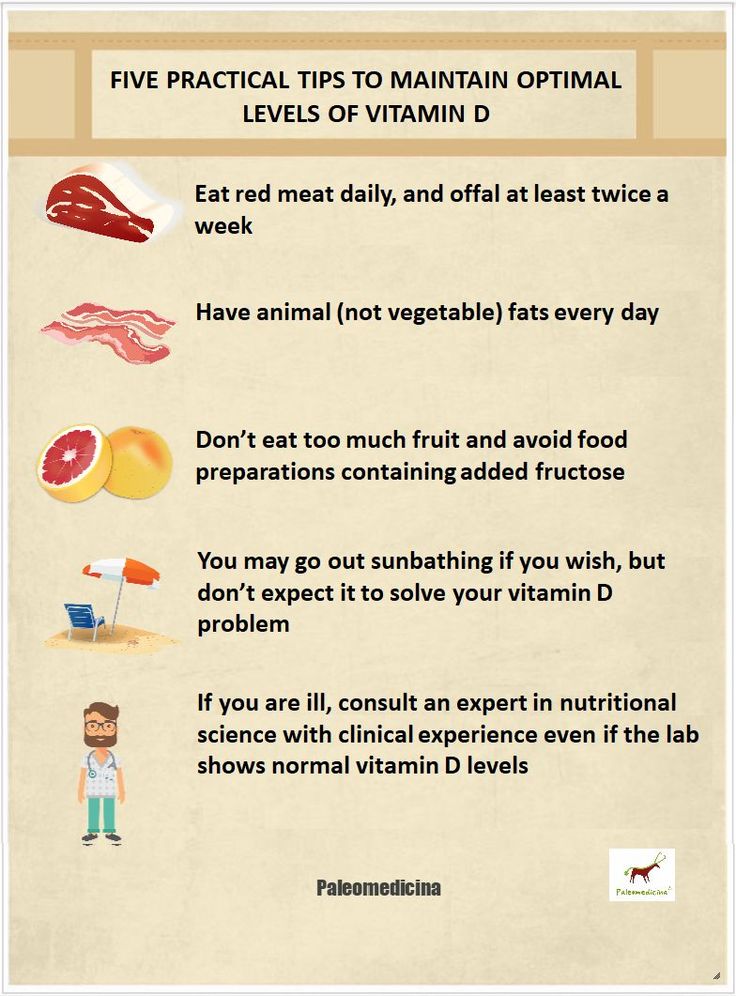
For example, with a prolonged lack of vitamin A, softening and loss of transparency of the membrane of the eye develops, the formation of a thorn, and, as a result, complete loss of vision. With vitamin B1 deficiency, beriberi disease develops - it manifests itself in the form of peripheral neurological disorders. With a long-term absence of vitamin B2, hematopoietic disorders (hypochromic anemia) and the nervous system occur.
Therefore, it is important not to postpone a visit to the doctor if you have anxiety symptoms.
What should I do if I have hypovitaminosis symptoms?
The symptoms of severe hypovitaminosis are quite specific, which allows the doctor to assume a deficiency of one or another vitamin and prescribe appropriate laboratory tests. The doctor draws conclusions based on the patient's history, clinical picture, and examination results. What tests to take for a patient are determined by a specialist, but there is a list of laboratory tests that are prescribed first of all if hypovitaminosis is suspected. This can be a complete blood count, determination of the level of vitamin (s) and minerals (calcium, magnesium, phosphorus) in the blood serum, a biochemical blood test, and so on. Therapeutic doses of vitamins can be prescribed only by a doctor if indicated. Uncontrolled intake of vitamin preparations can cause unpleasant side effects.
This can be a complete blood count, determination of the level of vitamin (s) and minerals (calcium, magnesium, phosphorus) in the blood serum, a biochemical blood test, and so on. Therapeutic doses of vitamins can be prescribed only by a doctor if indicated. Uncontrolled intake of vitamin preparations can cause unpleasant side effects.
8 vitamins and minerals to help you sleep better
Nutrition
Feeling tired despite 7-8 hours of sleep? Waking up in the middle of the night? Can't fall asleep at the right time, although you are exhausted during the day? Our circadian rhythms can be disrupted, among other things, due to a lack of nutrients that the body needs to function properly and smoothly. Here are the main vitamins and minerals that are associated with sleep quality.
1. Vitamin D
A meta-analysis published by the National Center for Biotechnology Information found that vitamin D deficiency is associated with a higher risk of sleep disorders.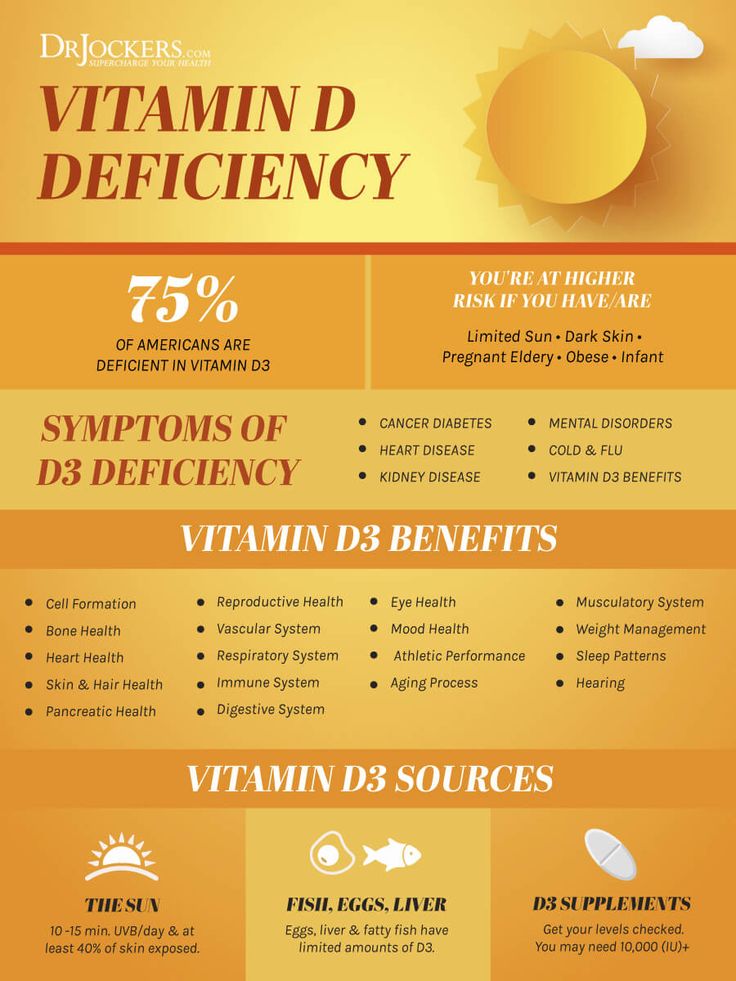 It increases when vitamin D is less than 20 ng/mL
It increases when vitamin D is less than 20 ng/mL
You can get vitamin D from sun exposure and supplementation. Foods high in vitamin D include eggs, salmon, tuna, and mushrooms.
Talk to your doctor to find out what your current vitamin D level is and if it needs to be adjusted. Because vitamin D is a fat-soluble vitamin, it can accumulate in the body and become toxic if levels are too high. Self-administration of shock dosages is strictly not recommended.
2. Vitamin E
A 2011 study investigating the neuroprotective effects of vitamin E showed that it can prevent memory impairment caused by sleep deprivation and also normalize hippocampal antioxidant mechanisms during sleep deprivation.
In addition, vitamin E is a powerful antioxidant that protects body tissues from free radical damage and plays a role in healthy aging. Vitamin E affects the immune system, plays an important role in the formation of red blood cells and helps the body use vitamin K.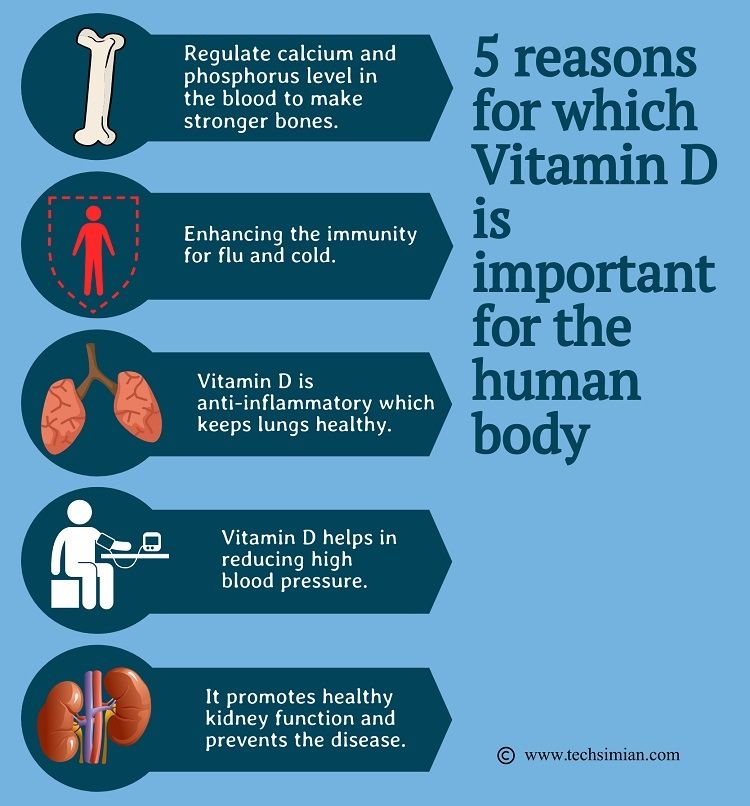
Sunflower seeds, almonds and wheat germ oil contain relatively good amounts of vitamin E. You can also buy it in capsule form at most pharmacies. Vitamin E is also a fat-soluble vitamin, so you should consult your doctor before taking it.
Diet for happiness: how to influence the synthesis of dopamine, serotonin and other neurotransmitters through nutrition
3. B vitamins
Certain B vitamins (B3, B5, B6, B9 and B12) help regulate the body's supply of tryptophan, which in turn helps the body produce melatonin. Melatonin is a hormone produced in your body that causes drowsiness.
B-vitamins are commonly found in most multivitamins, or you can purchase the B-complex on its own in supplement form. A healthy, well-balanced diet with plenty of whole grains, meats, fruits, and vegetables can often provide enough B vitamins.
4. Calcium and Magnesium
These two minerals are often recommended at night before bed as they play a role in muscle contraction and relaxation.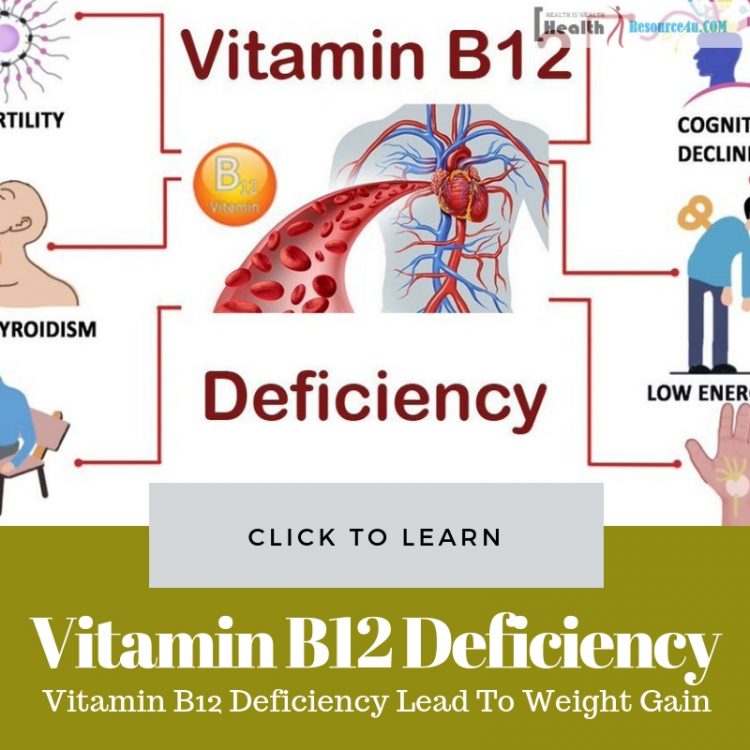 Calcium and magnesium deficiencies are thought to cause numerous sleep disturbances during the night. In addition, calcium works with tryptophan to produce the sleep hormone melatonin. Chronic insomnia is also one of the initial symptoms of magnesium deficiency.
Calcium and magnesium deficiencies are thought to cause numerous sleep disturbances during the night. In addition, calcium works with tryptophan to produce the sleep hormone melatonin. Chronic insomnia is also one of the initial symptoms of magnesium deficiency.
Enrich your diet with greens, nuts and seeds to get enough magnesium and calcium from your diet.
5. Theanine
Theanine is an amazing amino acid involved in the synthesis of important neurotransmitters (dopamine, GABA and serotonin) that regulate sleep and nervous arousal. Experts believe that enough theanine in the body helps improve the quality of sleep, induce drowsiness, and speed up the time it takes to fall asleep. The amino acid is found in tea leaves, especially green tea, as well as some types of mushrooms.
6. Iron
One of the main symptoms of low iron levels is fatigue and sleep disturbance. Low iron levels are thought to be a major risk factor for restless leg syndrome, which can also cause insomnia.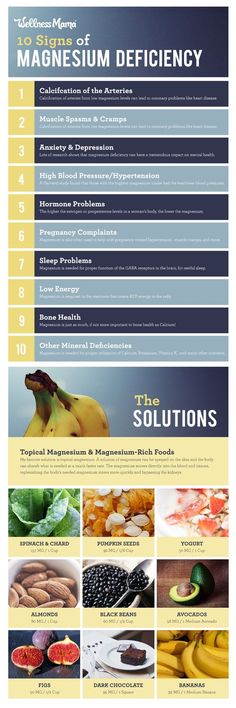 Low iron can also contribute to feelings of anxiety, which significantly impairs sleep.
Low iron can also contribute to feelings of anxiety, which significantly impairs sleep.
Foods high in iron - lean beef, oysters, chicken, turkey, beans and lentils, tofu, baked potatoes, cashews, dark green leafy vegetables such as spinach, whole grain bread. The level of research of iron in the body can be measured in the laboratory. If it is low, it makes sense to think about taking nutrients.
7. Melatonin
Melatonin is a hormone naturally produced by the body that causes drowsiness. After this period, experts recommend that you stop taking the supplement after this period and see how your body reacts to the changes.
You can help produce melatonin before bed with simple methods, such as avoiding bright lights.
8. Tryptophan
Research has also linked sleep quality to another amino acid, tryptophan. It can be obtained from a variety of foods - nuts, seeds, poultry, milk, spinach, eggs and salmon.
Important: Before using vitamins for sleep and including supplements in your diet, you should consult your doctor.